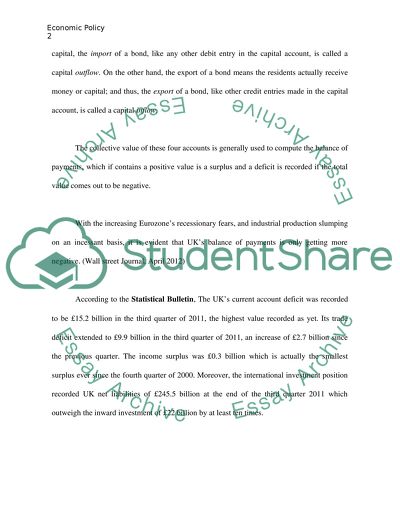Cite this document
(“Economic Policy in the Open Economy Essay Example | Topics and Well Written Essays - 1750 words”, n.d.)
Economic Policy in the Open Economy Essay Example | Topics and Well Written Essays - 1750 words. Retrieved from https://studentshare.org/macro-microeconomics/1447344-economic-policy-in-the-open-economy
Economic Policy in the Open Economy Essay Example | Topics and Well Written Essays - 1750 words. Retrieved from https://studentshare.org/macro-microeconomics/1447344-economic-policy-in-the-open-economy
(Economic Policy in the Open Economy Essay Example | Topics and Well Written Essays - 1750 Words)
Economic Policy in the Open Economy Essay Example | Topics and Well Written Essays - 1750 Words. https://studentshare.org/macro-microeconomics/1447344-economic-policy-in-the-open-economy.
Economic Policy in the Open Economy Essay Example | Topics and Well Written Essays - 1750 Words. https://studentshare.org/macro-microeconomics/1447344-economic-policy-in-the-open-economy.
“Economic Policy in the Open Economy Essay Example | Topics and Well Written Essays - 1750 Words”, n.d. https://studentshare.org/macro-microeconomics/1447344-economic-policy-in-the-open-economy.


